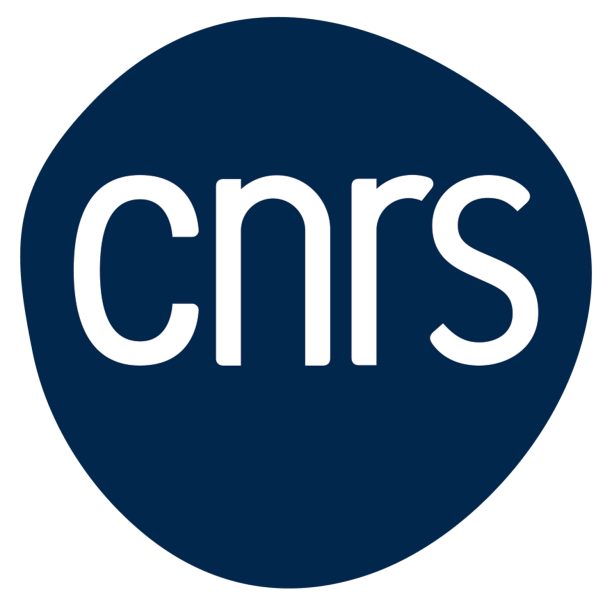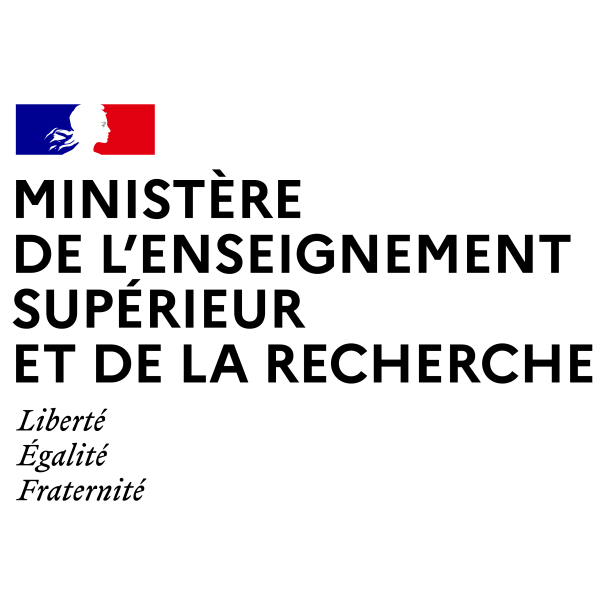

Post-doctoral position H/F
Référence : 2024-1752701
- Fonction publique : Fonction publique de l'État
-
Employeur :
INRAE Centre Clermont - Auvergne-Rhône-Alpes
The French National Research Institute for Agriculture, Food, and Environment (INRAE) is a major player in research and innovation. It is a community of 12,000 people. - Localisation : Saint-Genès-Champanelle 63122
Partager la page
Veuillez pour partager sur Facebook, Twitter et LinkedIn.
- Nature de l’emploi Emploi ouvert uniquement aux contractuels
-
Nature du contrat
CDD d'1 an
- Expérience souhaitée Non renseigné
-
Rémunération (fourchette indicative pour les contractuels) From 37 629,72€ to 54 524,76€ € brut/an
- Catégorie Catégorie A+ (Encadrement supérieur - Autres emplois fonctionnels)
- Management Non renseigné
- Télétravail possible Non renseigné
Vos missions en quelques mots
Climate change poses the risk of more variable forage production in terms of quantity and quality for feeding domestic livestock (particularly in the grass-based farming systems such as in the Massif Central). Indeed, in the event of drought or extreme heat, the quantity and quality of grass and forage produced will decrease. Adapting livestock farming to climate change therefore requires the selection of resilient animals capable of adapting to temporary variations in nutrient intake. When faced with a nutritional challenge, lactating cows reduce milk production and mobilise body reserves. These adaptations vary from animal to animal, depending on a number of factors (genetics, age, physiological stage, etc.) (Friggens et al. 2022). The responses observed may concern physiological and/or behavioural traits. An animal's resilience is usually considered in terms of a single trait (e.g. variations in milk production). However, the physiological responses are not independent of each other. A multi-trait approach is needed to address the complexity of adaptations. The aim of your work will be to develop multi-track analysis methods to understand the links between physiological and behavioural responses in order to identify the phenotypes that will enable us to select the most resilient individuals when facing nutritional challenges. We have a database (acquired as part of the European GENTORE project https://www.gentore.eu/) of meteorological, physiological (milk production, body mobilisation indicators) and behavioural (activity recorded by sensors) data, which was collected from 62 dairy and suckler beef cows (breeds characterised by contrasting milk potential and therefore potentially associated with different adaptive profiles). You will use this data to analyse the behavioural responses of cows to nutritional challenges and to explore the links between productive, physiological and behavioural responses in order to characterise the resilience of the animals. Time series modelling techniques (e.g. registration, wavelet transform, Markov chains) will be used to analyse the kinetics of the different responses of the animal in order to capture their complexity. These kinetics (recorded on different time scales) will then be combined to identify different adaptive profiles of cows with contrasting milk potential (Holstein, Montbéliarde and Charolais).
Taking office on 01/04/2025.
You will be in charge of:
- analysing the kinetics of behavioural, productive and physiological variations during nutritional challenges
- deducing behavioural, productive and physiological adaptive profiles and understanding the link between them
- characterise the multi-trait resilience of an animal to nutritional challenges
Profil recherché
Recommended training: PhD in computer science or applied statistics
Knowledge required:
- Proficiency in R and/or python
- Time series modelling techniques
- Data analysis techniques (statistics, machine learning)
Appreciated experience:
- Experience in time series data analysis would be appreciated
- Experience of working with animal physiological and/or behavioural data would also be appreciated
Skills sought:
- Ability to interact with people from different disciplines
- Interest in biology
Niveau d'études minimum requis
- Niveau Niveau 8 Doctorat/diplômes équivalents
Éléments de candidature
Documents à transmettre
Personnes à contacter
- Romain LARDY
- José PIRES
Qui sommes-nous ?
INRAE is among the top research organisations in the agricultural and food sciences, plant and animal sciences, as well as in ecology and environmental science. It is the world’s leading research organisation specialising in agriculture, food and the environment. INRAE’s goal is to be a key player in the transitions necessary to address major global challenges. Faced with a growing world population, climate change, resource scarcity, and declining biodiversity, the Institute has a major role to play in building solutions and supporting the necessary acceleration of agricultural, food and environmental transitions.
Descriptif du service
You will work in the Herbivores joint research unit (UMR Herbivores). This unit conducts research for a multi-performing herbivore breeding, mobilizing the levers of agroecology. This involves research to better understand animal functions and the impacts of breeding practices on the animal and the environment. The UMR Herbivores has 120 permanent staff, including 74 researchers and engineers, and welcomes about 60 non-permanent staff each year (including about 20 PhD students and post-doctoral positions). It is organized into 5 research teams, a support team and a management team. You will work in the team CARAIBE (animal behaviour, robustness and integrated approach to animal welfare). You will be supported by the animal science and data science expertise of the unit and LIMOS (UCA).
À propos de l'offre
-
Susceptible d'être vacant à partir du 01/04/2025
-
Experte / Expert en biologie et expérimentation animale



